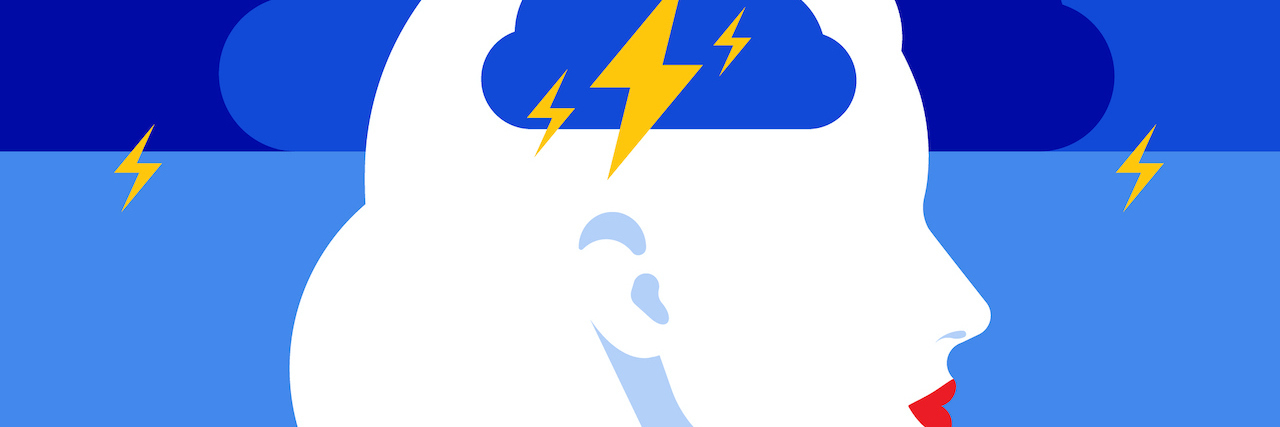Why I'm Sharing My Psychogenic Non-Epileptic Seizures Diagnosis
I experienced a traumatic brain injury last year. I have spent all year searching and fighting for a diagnosis. When I started this journey hearing it was “just a psychiatry issue” was wrong, I would contest that. I would find another doctor and I would leave that practice thinking the doctor didn’t try their best. Mental health issues are very important, but sadly in our time it is seen as an out for medical professionals for things they don’t understand or care to explore further. I finally hit the wall this past week, though. Taking an entire year fighting doctors giving up, but what do you do when it really is reliant on that mental health diagnosis?
Other relevant stories:
• Can Flashing Lights Cause Seizures Without Epilepsy
• Can Students with Epilepsy Participate in Sports
• Can Epilepsy Cause Memory Loss
Recently I have started getting answers; some of them are exactly as expected and some of them I am still working on accepting. I am an advocate for mental health and destroying the stigma attached to that. Depression is a funny thing, and for me it means that others are valid, but I can never be. That really got to me after I received my PNES or psychogenic non-epileptic seizures diagnosis.
Other people who have this issue are valid and they have a serious condition where they have a physical manifestation of psychological stress. That is rough, and they deserve understanding, support and treatment. When it comes to myself I feel I don’t deserve such luxuries. I see myself as a mental case, faking and less than anyone else. Mental health is a double-edged sword. Through the help of my boyfriend I realized that my negative attitude towards just myself isn’t limited only to me. Others see me cutting down PNES like it doesn’t matter, and they can start to think it doesn’t matter for them either. It took a lot of introspection, but I’m starting to accept this condition as something else to deal with.
The diagnosis was a hard one to swallow; I had fought for an entire year that it wasn’t all just in my head and now I felt as though I had wasted so much time. I had physical issues like postural orthostatic tachycardia syndrome (POTS), but the PNES diagnosis seemed to make that matter less. I felt like I was faking or just a mental case. Other people are stressed, right? Why can’t I just pony up and deal with it? It was tough getting over my own insecurities and realizing this is a real issue not to be laughed off or fought against. I had all the testing, this was the definitive answer.
There isn’t a whole lot about it on the internet. It’s a hard topic to talk about and most people hide this diagnosis into a closet with other demons. How do you deal with something that no one wants to talk about? I think the answer is to break the silence. Speak loudly and proudly about this. The stigma attached to all mental health issues are just making treatment and understanding harder. If we stay silent, what are we telling to the groups of people who are finally getting their diagnosis just to learn that no one speaks openly about this? What are we saying to people who live with this and are looking for others who share their experiences? The only way to stop this is to break the cycle.
I’m not saying that I am cured of my negative thinking about this diagnosis, but I want to open a conversation. It’s the first step to understanding and recovery. I want the person who just got this diagnosis to know this is a valid issue. You are not “crazy” or faking this is a serious condition, and you deserve support and treatment.
Getty image by Atlas Studio

